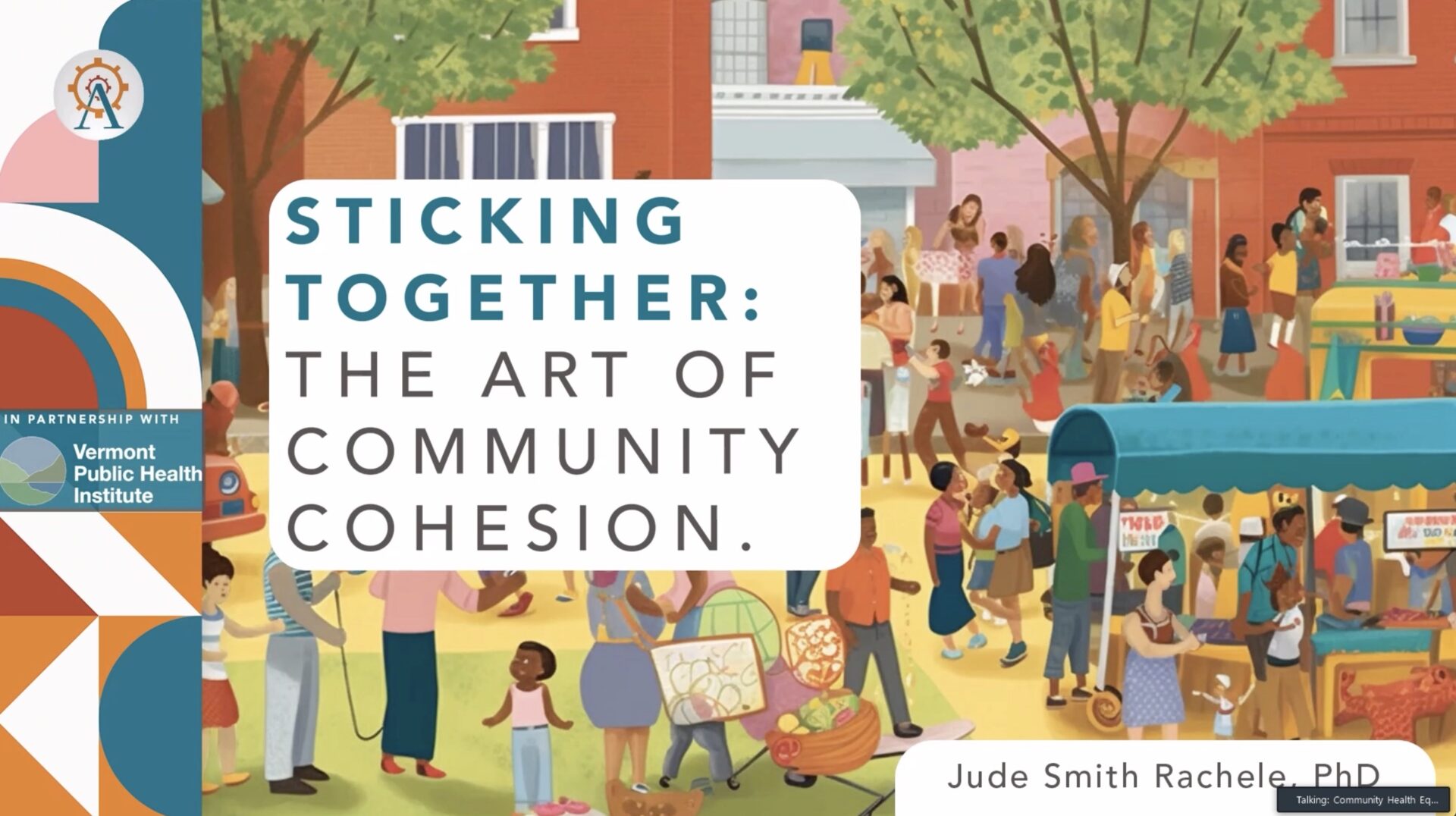It takes a village to make diversity training work
Submitted by: Jude Smith Rachele
Originally posted: Sep 26, 2011 – 07:04 PM EST
(Note: This article originally appeared on CSRwire Talkback. We’re republishing it here with permission from the author.)
My dark confession is that I am a diversity heretic. Despite being an African-American woman, 19 years of experience as a global diversity practitioner has led me astray. I have seen no convincing signs that legal compliance substantively improves social outcomes for marginalized groups. I have seen no evidence of companies that have greater cultural diversity nancially out-performing those companies which do not. Richard Dawkins has given the world The God Delusion. Perhaps if we are to make greater progress in improving social justice outcomes for all citizens we need to start exploring the idea of The Diversity Delusion.
Looking particularly at diversity training, what good is it? I’ve delivered it for years. It is not a strategy; it is an event. We’ve had some great sessions, learning has taken place about legislation and personal biases. Mountains may have been moved for some individuals, but others would argue ‘employee diversity training does not work.’ Why? Because there is a dearth of structural and institutional change. Perhaps it can work, but not as a stand-alone activity bearing the brunt of the responsibility for social change. Critical thinkers call for a more nuanced approached to diversity.
There is a kind of hypnosis around diversity management, resulting in rhetoric that is not grounded in day-to-day reality. I do not under-value the blood, sweat and tears diversity practitioners (I am one of them) have put into diversity initiatives; I do not disregard the progress that has been made in improving the social status of traditionally marginalized groups. I would like, however, to see some fundamental macro-shifts in outcomes, real democracy, greater stakeholder engagement in core business activities and a fairer distribution of power. We need to fully embrace business ethics across all areas of business management.
Peter Schwartz in The Racism of Diversity makes a bold statement that the premise behind diversity management is the same premise behind most racist thinking. I have to agree. He also speaks in terms of having to develop A Morality of Reason, which moves away from the notion of ‘undiscriminating tolerance’. Bravo. Diversity training encourages people ‘not to discriminate’, a misleading message, as the power of discrimination is one of our basic survival mechanisms. It is sometimes dangerous to be indiscriminate.
James Taranto, in the Wall Street Journal article The ‘Diversity’ Sham, says ‘whatever its benefits in theory, diversity in practice is often anti-intellectual, replacing reasoned debate with ritualized expressions of phony emotion’. Well, the emotions are real; let’s not take that away from anyone. We have to consider the rest of his statement, regardless of how uncomfortable it may make us feel. Should we not practice what we preach? Diversity awareness training challenges us to move outside of our comfort zones in order to see the world from a different perspective. Diversity opponents have moved me out of mine. If they are defined as conservative/neo-liberals, what does that make me for agreeing with them? Am I now some kind of closet right-wing Tea-Partier? Or am I simply a person taking a bold risk by saying that diversity, as we know it, is bedevilling and must change? If social justice outcomes are to improve, then we have to question two things: the way we dene diversity; and the way we govern organizations.
Human resource management uses narrow definitions of diversity that make diversity synonymous with multiculturalism. In our English language dictionaries, however, the word diversity is, first and foremost, synonymous with ‘variety’. Yet, most of us diversity practitioners are entwined in pursuits of multiculturalism and social inclusion, and in political, economic and social debates. I figured there had to be another explanation, a more scientific reason, why diversity is so important. Curiosity led me to The Law of Requisite Variety (LoRV), upon which the science of cybernetics is based.
The LoRV says systems must be flexible and diverse in order to respond effectively to complex, volatile and changing environments. It provides a scientific foundation on which an argument in favor of diversity becomes virtually irrefutable – unlike prevalent, yet tenuous, political, economic and social arguments. It opens a door to a systems-thinking approach to diversity-enhancement practices. So, while we may move the concept of diversity forward, we are still left with the challenge of finding more effectives ways of valuing diversity within systems. This is where complexity theory lends a helping hand.
Complexity theory speaks in terms of achieving greater organizational creativity and innovation by enabling people to express a variety of viewpoints and perspectives. It focuses on people self-organizing rather than being managed and controlled in a top-down fashion. Enter the possibility of achieving greater social justice and organizational equity by designing diversityenhancing strategies, supported by democratic governance structures that operate according to systems thinking and complexity theory. That’s a mouthful, and still much easier said than done.
We face a big challenge of being able to think beyond the politics of multiculturalism in order to find solutions to concerns about prejudice, discrimination and other business ethics concerns. Not something that can be achieved in the average 90- minutes devoted to diversity training. Perhaps we need diversity education that will help us to improve the way we think about diversity and governance. Companies that actually invest the time in doing this will stand out as champions of justice now and in the future.







0 Comments
Leave A Comment